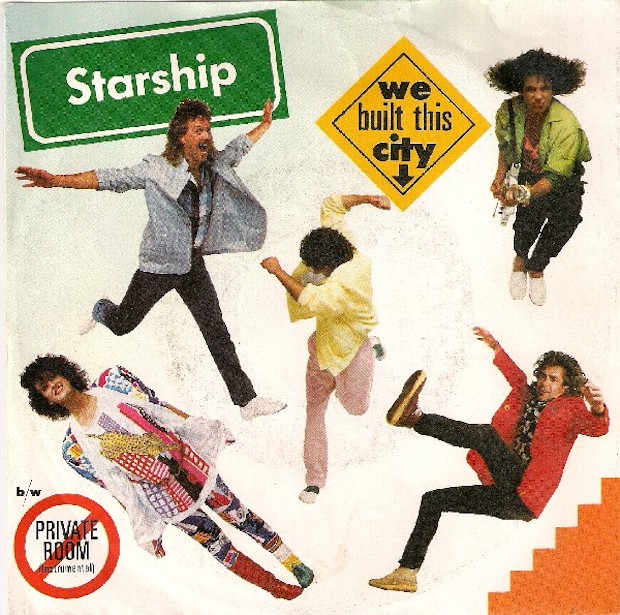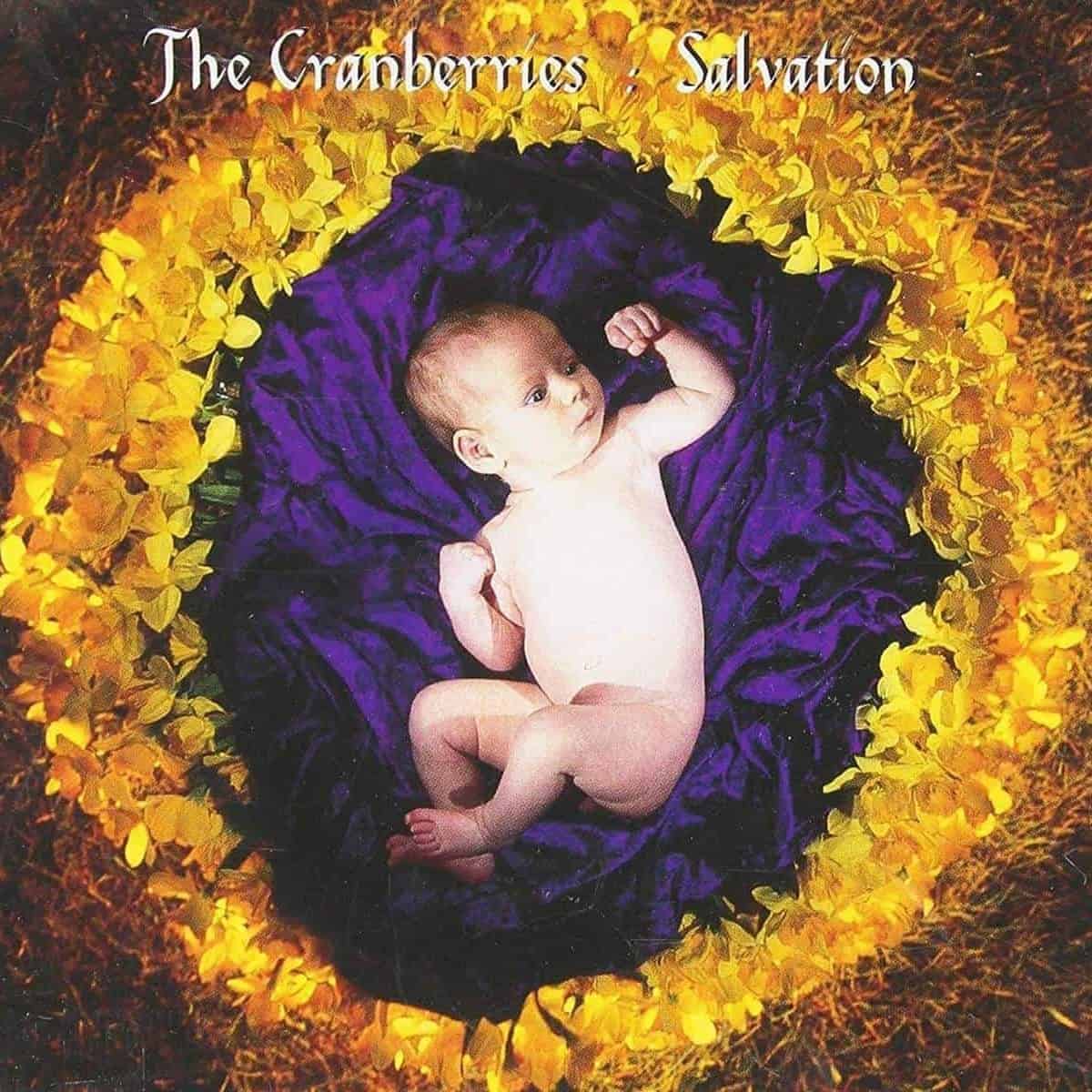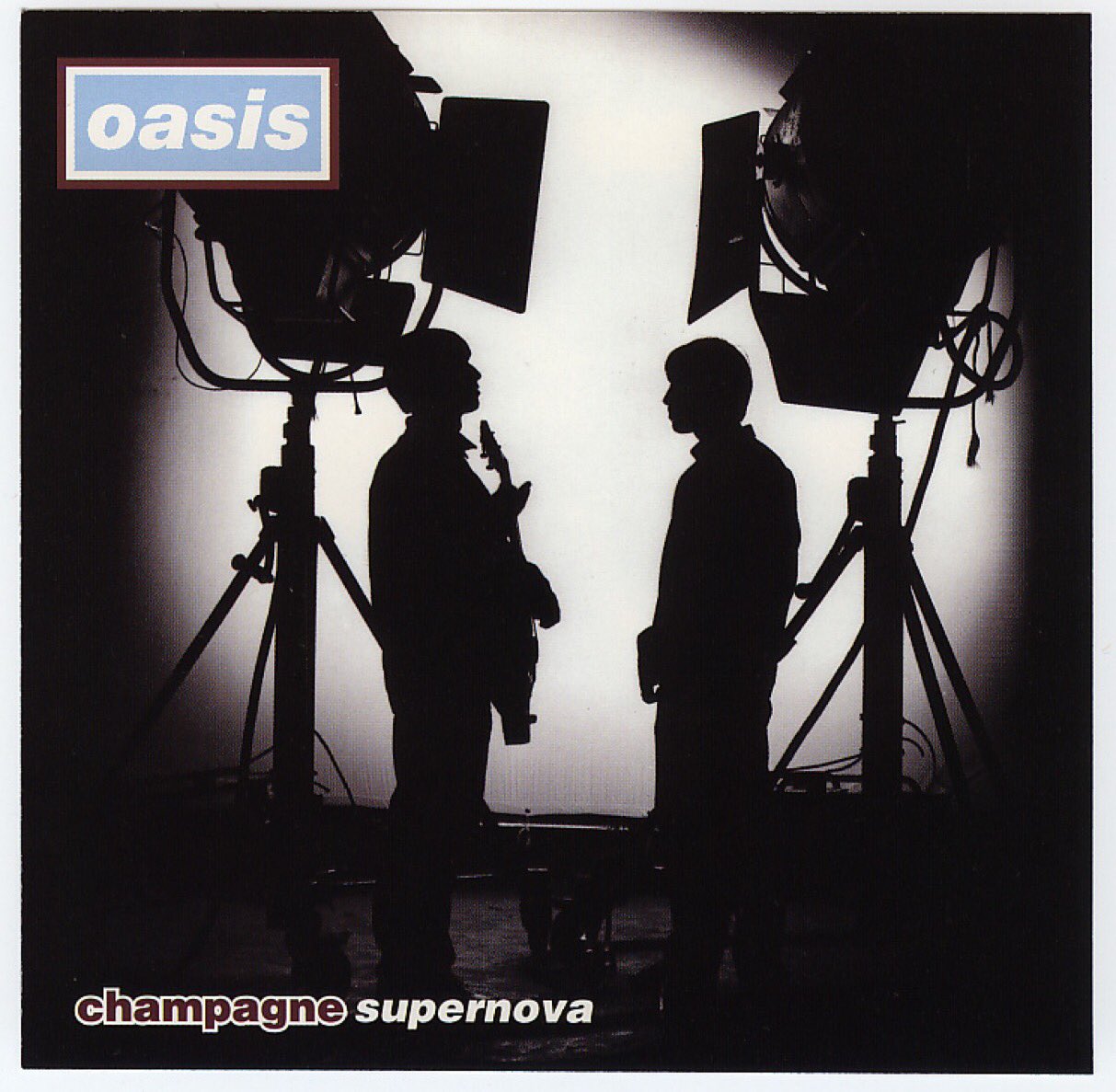In The Number Ones, I'm reviewing every single #1 single in the history of the Billboard Hot 100, starting with the chart's beginning, in 1958, and working my way up into the present.
Starship - "We Built This City"
HIT #1: November 16, 1985
STAYED AT #1: 2 weeks
"The worst song of all time." That's what we're supposed to say. Conventional wisdom dictates that Starship's "We Built This City" is the absolute nadir of recorded music, the absolute shittiest single ever made. In 2004, Blender put the song at the top of its list of the worst songs of all time, and VH1 built a whole TV special around that list. A few years later, the readers of Rolling Stone voted on the worst songs of the '80s, and "We Built This City" won a blowout victory. In 2016, a GQ oral history of "We Built This City" used the phrase "worst song of all time" in its headline.
In fact, one of the two singers of "We Built This City" has gone on record using similar language to describe the track. In a 2012 Vanity Fair interview, Grace Slick, the longest-tenured member of Starship, had this to say: "Oh, you’re shitting me, that’s the worst song ever." (In 2002, she also said, "Our big hit single 'We Built This City' was awful... I felt like I'd throw up on the front row, but I smiled and did it anyway. The show must go on.")
At a certain point, that kind of consensus become oppressive and misleading. There are way, way too many terrible songs in the world for anyone to seriously argue that "We Built This City" is the worst one ever created. Anyone who tries to make that case has probably never, for instance, survived prolonged exposure to the works of KK Slider. "We Built This City" isn't even the worst song ever to hit #1 on the Billboard Hot 100. (That distinction still belongs to Staff Sgt. Barry Sadler's "The Ballad Of The Green Berets.") "We Built This City" is, however, a very, very bad song.
The whole saga of "We Built This City" starts with Bernie Taupin, the longtime Elton John collaborator who was trying to see what he could do without Elton. Taupin had, for instance, co-written the 1978 album From The Inside






